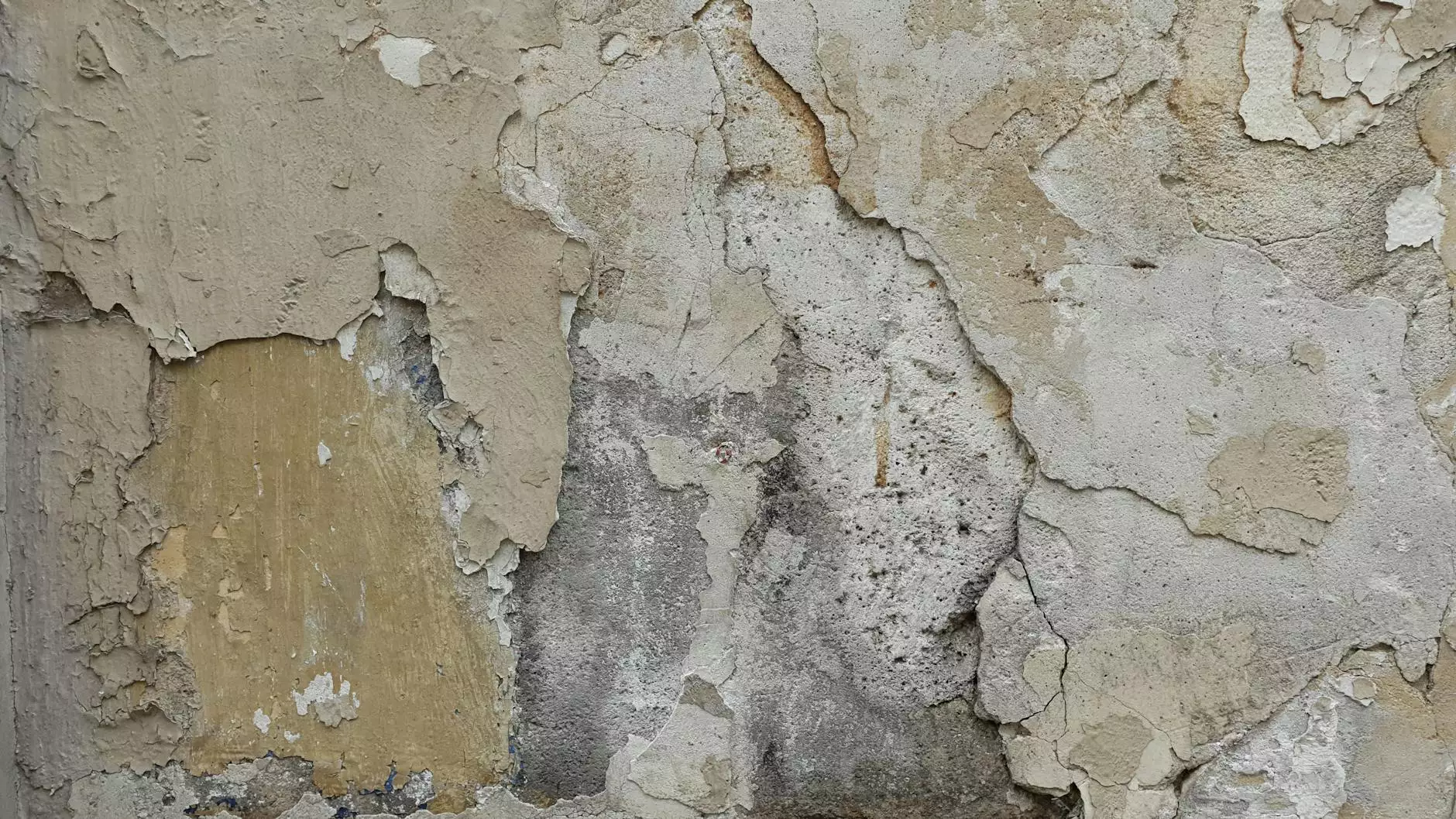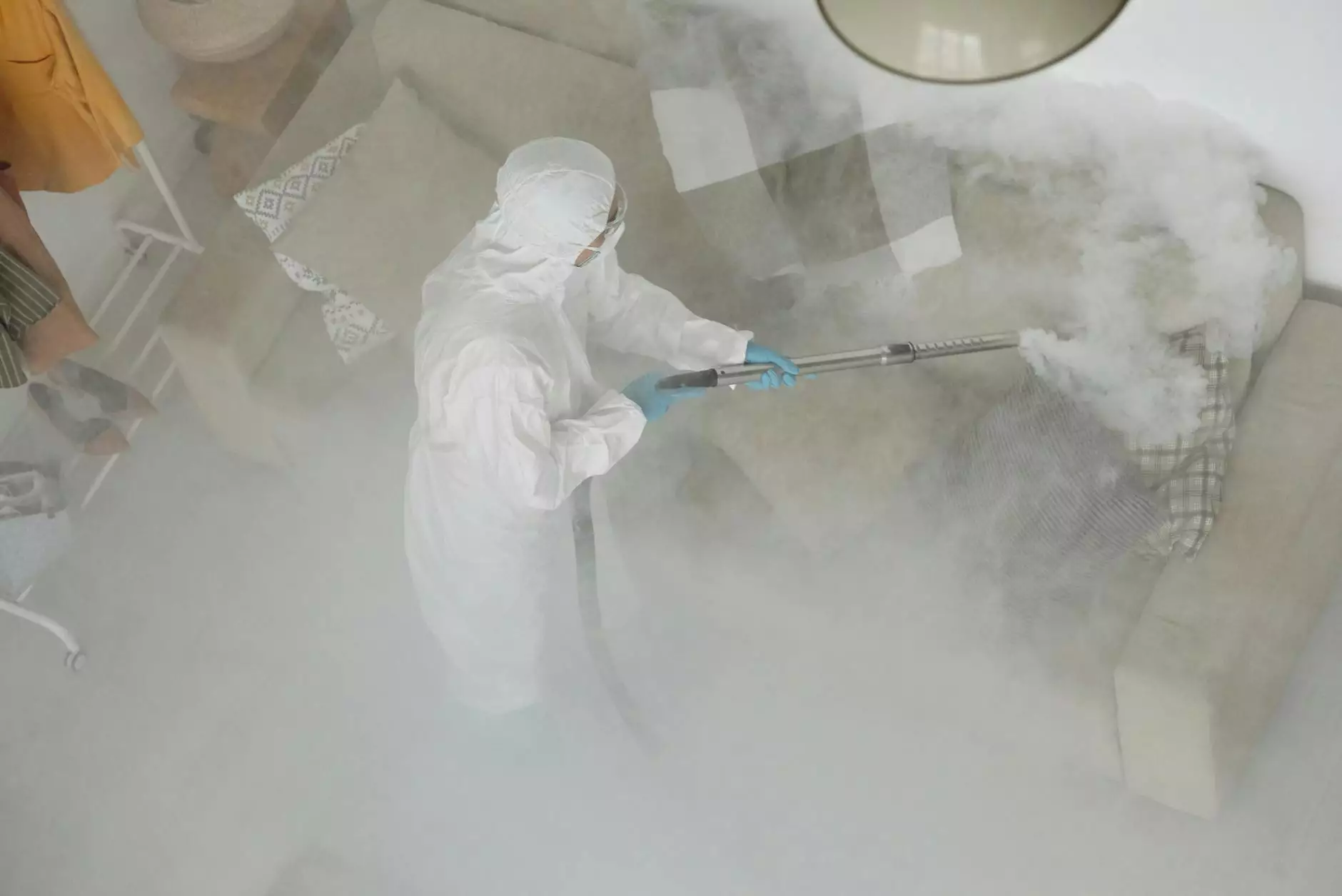Expert Guide to Pool Plasters: Elevate Your Swimming Experience

In the world of swimming pool maintenance and renovation, few elements are as crucial as pool plasters. The interior finish of your pool not only enhances its aesthetic appeal but also significantly impacts the overall swimming experience. In this comprehensive guide, we will delve into everything you need to know about pool plasters, their types, benefits, installation process, and maintenance tips to keep your pool looking pristine for years to come.
Understanding Pool Plasters
Pool plaster serves as the finishing layer of the swimming pool structure. It is crucial not just for the visual appeal, but for the durability and waterproofing of the pool. Essentially, pool plastering is the application of a cement-based mixture that forms a smooth surface on the interior walls and floor of the pool.
Types of Pool Plasters
There are various types of pool plasters that you can choose from, each with unique properties and aesthetic qualities:
- Traditional White Plaster: Made of cement, marble dust, and water, this type has been the standard for years due to its affordability and simplicity. It usually results in a bright, clean appearance.
- Colored Plaster: Similar to traditional plaster but includes pigments for a unique hue. This gives pool owners options beyond the classic white finish, allowing for customized aesthetics.
- Quartz Plaster: This is a more durable option, integrating quartz crystals into the plaster mix. It not only provides a decorative finish but also enhances resistance to stains and chemicals.
- Aggregate Plaster: This modern choice incorporates polished pebbles or glass beads to create a luxurious look and feel. Aggregate plaster is highly durable, non-porous, and offers a spa-like texture.
- Exclusive Pebble or Glass Finishes: These are premium choices that provide a stunning visual effect. They are made from various materials, offering a range of colors and textures. They are typically more expensive but worth the investment for their beauty and durability.
Benefits of Using Pool Plasters
Choosing the right type of pool plaster can significantly enhance your pool's performance and longevity. Here are some benefits you can expect:
1. Aesthetic Appeal
Different types of plaster can transform the look of your pool, making it a centerpiece of your backyard. From a modern appearance to a classic, elegant design, the options are limitless.
2. Improved Durability
Quality pool plaster protects your pool structure from damage caused by exposure to water, chemicals, and general wear. This extends the life of your pool, reducing the frequency and cost of renovations.
3. Smooth Surface
Plastering creates a smooth finish, making it more comfortable for swimmers and safer for everyone using the pool.
4. Increased Water Conservation
Good quality plastering seals the surface effectively, preventing water from seeping through, which can save you on water bills and enhance your pool’s eco-friendliness.
Choosing Your Pool Plaster
When selecting the right plaster for your pool, consider the following factors:
- Climate: Different materials withstand different weather conditions. For example, aggregate finishes are ideal for harsh climates.
- Budget: Determine what you are willing to spend. Traditional plaster can be more economical, while aggregate options may require a larger investment.
- Desired Aesthetics: Choose based on the look you want to achieve. Colors and textures vary widely, so visualize how they will blend with your overall landscape.
The Installation Process of Pool Plasters
Installing pool plasters is a delicate process that requires skill and expertise. Here’s a comprehensive breakdown of the installation process:
Step 1: Preparation
The existing pool surface must be entirely cleared of any debris or old plaster. This may include draining the pool and power washing the walls and floor. Proper preparation ensures better adhesion of the new plaster.
Step 2: Mixing the Plaster
The plaster mix must be precisely formulated. Too much water can weaken the plaster, while too little can make it impossible to work with. Professionals typically follow manufacturer guidelines for mixing.
Step 3: Application
Applying plaster requires a skilled hand. Plasterers use trowels to spread the mixture evenly across the surface, achieving a smooth and consistent thickness. Timing is crucial; the plaster must be applied before it begins to set.
Step 4: Finishing Touches
Once applied, the plaster should be smoothed with a trowel for the best finish. The surface is often textured to ensure a non-slip finish.
Step 5: Curing
After installation, the plaster must cure properly. This includes keeping the surface damp over the first few days to prevent cracking. Usually, this involves a 3-7 day curing process, depending on conditions.
Maintenance Tips for Pool Plasters
To ensure your pool plaster remains beautiful and functional for years, regular maintenance is essential. Here are key tips:
1. Regular Cleaning
Clean your pool weekly to remove debris and prevent stains. Use non-abrasive cleaners to avoid damaging the plaster surface.
2. Monitor Water Chemistry
Maintaining balanced water chemistry is crucial. High levels of calcium can lead to scale buildup, while low pH can etch the plaster. Regular testing is recommended.
3. Avoid Harsh Chemicals
Certain pool chemicals can be detrimental to plaster finishes. Always follow manufacturer recommendations and consult with a pool professional when in doubt.
4. Act on Repairs Promptly
If you notice cracks or damage, address them immediately. Ignoring issues can lead to more extensive damage and costly repairs down the line.
Conclusion
Investing in quality pool plasters can profoundly enhance your swimming pool's functionality and beauty. By understanding the types available, their benefits, and how to maintain them, you can create a delightful swimming environment that will be the envy of your neighborhood. Whether you are looking to renovate an existing pool or construct a new one, prioritizing quality plastering is a smart decision that ensures longevity, performance, and satisfaction.
If you're contemplating a pool renovation or looking to install a new swimming pool, consider reaching out to professionals at poolrenovation.com. They have the expertise in swimming pools and water heater installation/repair to guide you through every step, ensuring your pool remains a happy and healthy haven for friends and family.









